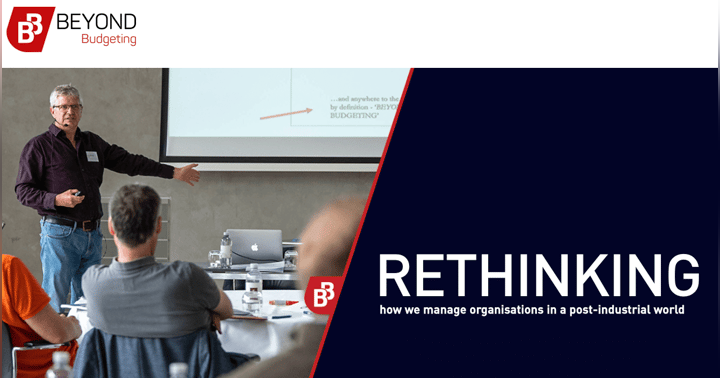
Mergers and Acquisitions (M&A) are tricky and detailed processes that require meticulous planning, strategic alignment, and seamless communication among all stakeholders. Contrary to common belief, marketing plays a pivotal role in this process from the onset, and is not merely limited to customer communication.

In this blog, I delve into why involving marketing from the early stages of M&A is crucial, and how marketers can adapt to changing circumstances, focus on customer retention, and leverage Environmental, Social, Governance (ESG) as a point of differentiation. I based this blog on content from a Unicorny podcast episode featuring Georgie Gilmore and Joel Harrison.
The Role of Marketing in M&A
- Ensuring Employee Alignment
Employees are the backbone of any organisation, and their alignment with the company’s strategy post-merger is crucial for success. Marketing helps in understanding the employee base and crafting messages that resonate with them, thus ensuring a smoother transition and minimising resistance.
- Customer Retention and Upsell Opportunities:
During times of economic stress, retaining existing customers and identifying upsell opportunities is more cost-effective than acquiring new ones. Marketers should focus on communicating consistently with existing customers, reassuring them of continued value, and identifying opportunities for renewals or upsells.
- Brand Visibility:
Maintaining brand visibility through PR and social media is essential to reassure both customers and stakeholders of the company's stability and ongoing value proposition. Marketers should also be innovative in adapting to changing circumstances and ensuring the brand remains top of mind.
- Responding to Changing Demographics:
With a shift towards new platforms and channels for marketing decisions, and a growing reliance on trusted mechanisms and advocacy over advertising, marketers need to understand and respond to these trends. Building communities where people can share perspectives and make informed buying decisions is key.
- Leveraging ESG as a Point of Difference:
Businesses are expected to have a positive impact on the environment, society, and governance. Marketers have an opportunity to leverage ESG as a point of difference, showcasing the company’s commitment to responsible business practices and thus enhancing its attractiveness to both customers and investors.
The Responsibility of Marketers
Marketers have a responsibility to own how marketing is perceived by the business. They should show their value through a combination of creativity and commercialism, understanding business needs, and responding accordingly.
Innovation and thinking differently are also important during unstable and tough times. By adapting to changing circumstances and focusing on existing customers, marketers can play a crucial role in ensuring the success of M&A transactions.
Conclusion
In conclusion, marketing plays a vital role in the success of M&A transactions, from ensuring employee alignment and customer retention to maintaining brand visibility and responding to changing demographics. Leveraging ESG as a point of differentiation and showcasing the value of marketing through creativity and commercialism are also key.
If you'd like to join this conversation, please get in touch.


